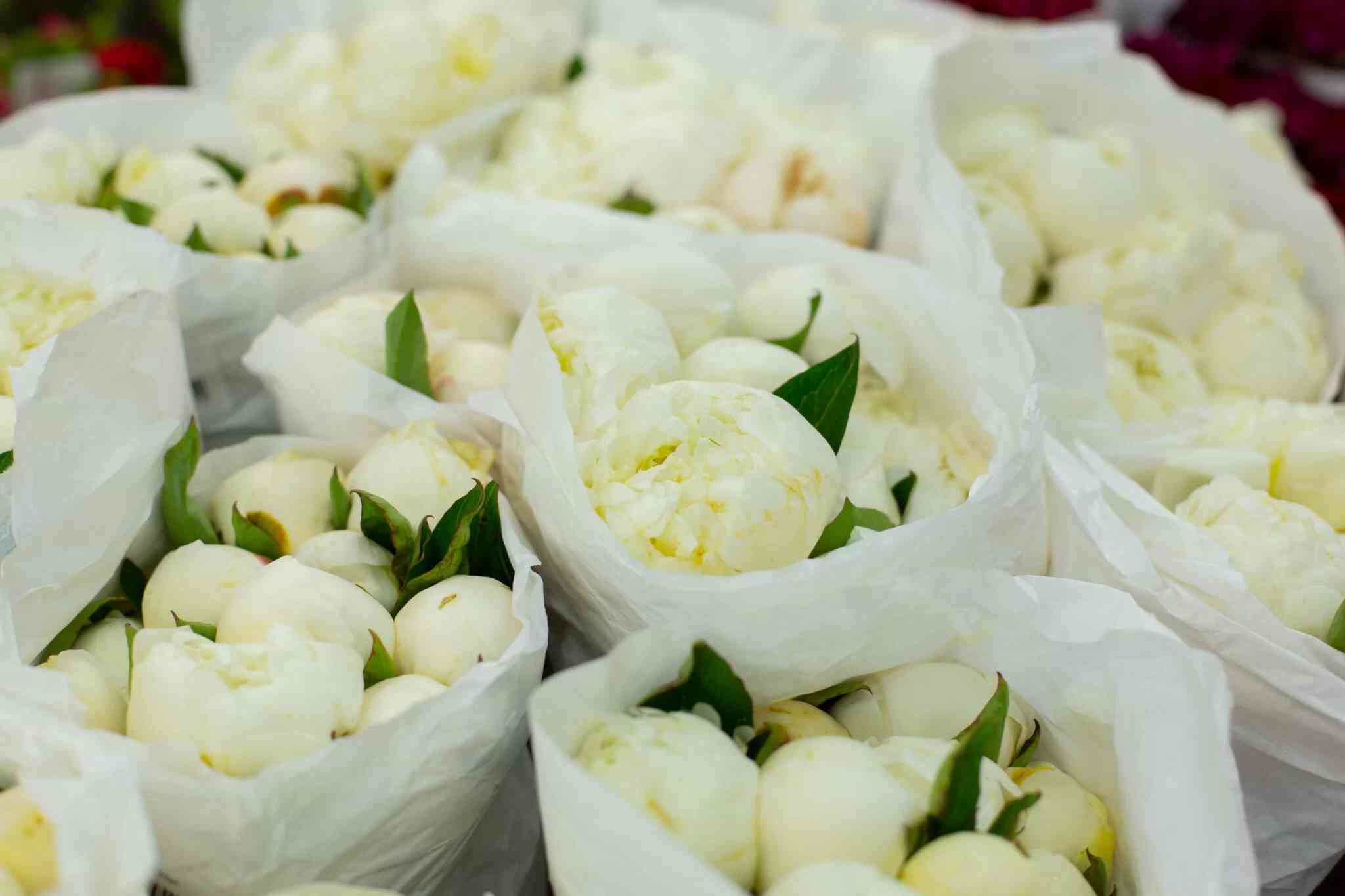Luxury clothing brands in the Middle East are increasingly pivoting towards sustainability, driven by a combination of global trends, local consumer demand, and a commitment to environmental stewardship. This shift to sustainable luxury clothing represents a significant evolution in the region’s fashion industry, reflecting a growing awareness of environmental issues and a desire to align with global sustainability goals.
What’s Triggering This Shift?
One of the primary reasons for this movement towards sustainability is the rising global consciousness regarding climate change and environmental degradation. According to the United Nations, the fashion industry is responsible for around 10% of global carbon emissions, making it one of the most polluting industries worldwide.
Luxury brands in the Middle East, like their counterparts globally, are recognizing the urgent need to reduce their environmental footprint and contribute positively to sustainability efforts.
Local perspectives within the Middle East also underscore the importance of sustainability in luxury fashion. Consumers in the region are becoming increasingly aware of the environmental impact of their purchasing decisions.
A study by Nielsen found that 73% of consumers in the Middle East and Africa are willing to change their consumption habits to reduce their environmental impact. This shift in consumer behavior is influencing luxury brands to adopt more sustainable practices to meet the expectations of their discerning clientele.
Moreover, governments and regulatory bodies in the Middle East are increasingly focusing on sustainability as part of their national agendas. Countries like the UAE, for instance, have launched initiatives to promote sustainable development and reduce carbon emissions. These initiatives create a conducive environment for luxury brands to embrace sustainability and contribute to broader national goals of environmental conservation.Sustainability as a Strategic Advantage in a Competitive Market.
By adopting eco-friendly practices, brands differentiate themselves and appeal to a growing segment of environmentally conscious consumers. This strategic alignment not only enhances brand reputation but also fosters long-term customer loyalty based on shared values of sustainability and ethical responsibility.
Dubaiconsul provides expert consular services, offering invaluable assistance for expatriates and businesses in Dubai. With a focus on efficient processing of visas, legal documentation, and advisory services, they ensure a seamless experience for clients navigating the complexities of international regulations. Their commitment to excellence makes them a trusted partner for navigating the consular landscape.
In practical terms, luxury brands are implementing various sustainability initiatives across their operations. This includes using eco-friendly materials such as organic cotton, recycled fabrics, and sustainably sourced leather. By choosing materials that have less environmental impact, brands can reduce their carbon footprint and promote responsible consumption.Additionally, luxury brands are focusing on transparency and traceability within their supply chains. This ensures that products are ethically sourced and manufactured under fair labor conditions. By providing transparency, brands build trust with consumers who prioritize knowing the origins and production methods of the garments they purchase.
The Need of Collaborations
Collaboration with local artisans and craftsmen is another integral aspect of sustainability in Middle Eastern luxury fashion. Many brands are partnering with artisans to preserve traditional craftsmanship and support local communities. This approach not only adds cultural value to their collections but also contributes to sustainable livelihoods and economic development in the region.
Looking Ahead!
Looking ahead, the trend towards sustainability in Middle Eastern luxury fashion is expected to accelerate. According to McKinsey & Company, the global market for sustainable fashion is projected to grow significantly in the coming years, driven by increasing consumer awareness and regulatory pressures. Luxury brands in the Middle East are well-positioned to capitalize on this trend by continuing to innovate and lead in sustainable practices.
In conclusion, the movement of luxury clothing brands in the Middle East towards sustainability is driven by global environmental concerns, local consumer preferences, regulatory frameworks, and strategic business imperatives.
To Sum it Up!
By embracing sustainability, these brands not only mitigate their environmental impact but also strengthen their market position and contribute positively to the region’s sustainable development goals. As consumer awareness continues to grow, sustainability will likely remain a cornerstone of luxury fashion in the Middle East, shaping the industry’s future towards more responsible and ethical practices.




